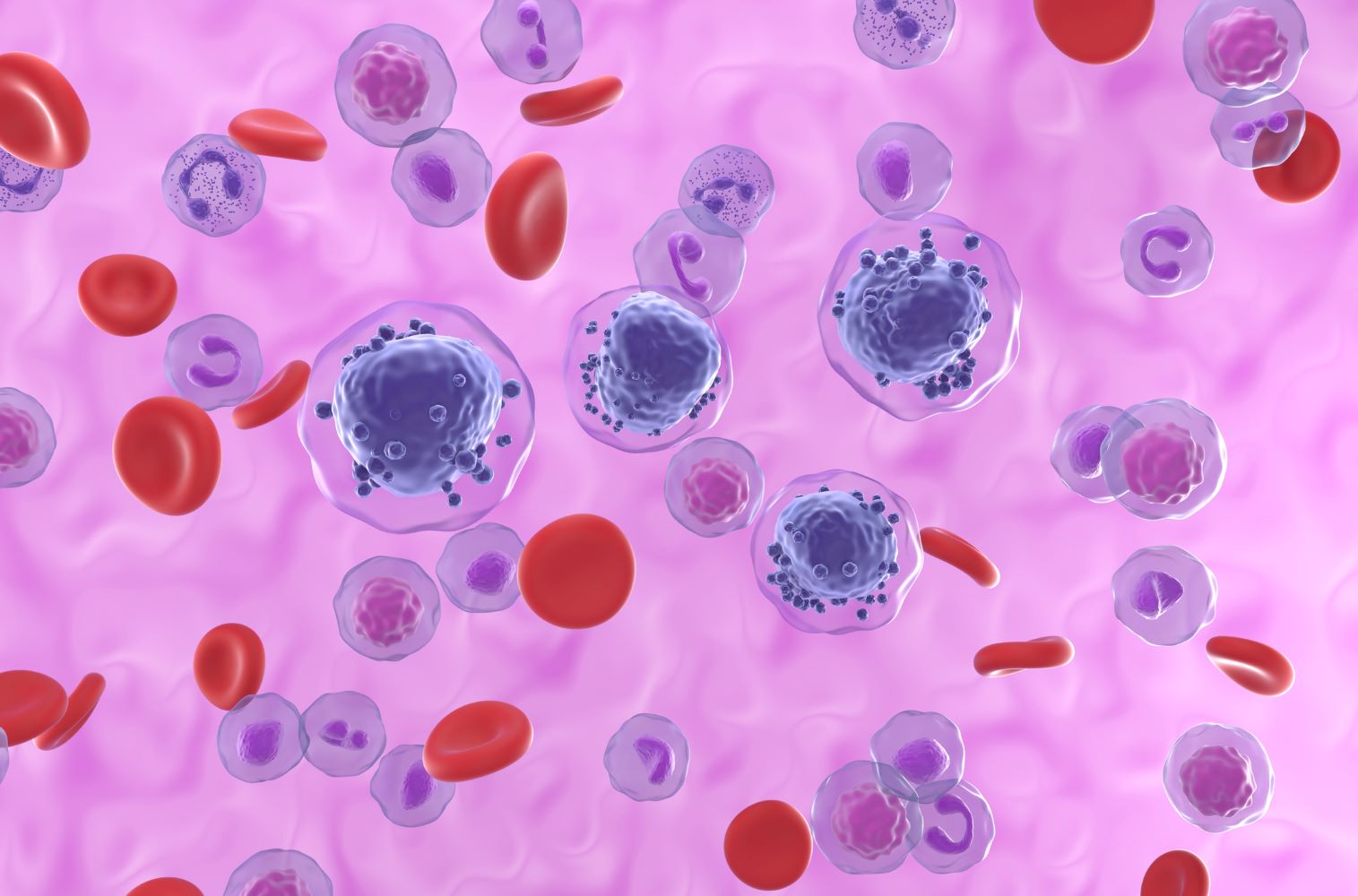FRIDAY, Sept. 8, 2023 (HealthDay News) — For non-English-speaking patients, linguistic disparities affect access to cancer care, according to a study published in the September issue of the Journal of the National Comprehensive Cancer Network.
Debbie W. Chen, M.D., from the University of Michigan in Ann Arbor, and colleagues conducted a study involving trained investigators who were assigned to the roles of English-, Spanish-, and Mandarin-speaking patients who called the general information telephone line of 144 hospitals located across 12 demographically diverse states. Callers were looking to access care for three cancer types that disproportionately impact Hispanic and Asian populations (colon, lung, and thyroid cancers). The primary outcome was whether the simulated patient caller was provided with the next steps to access cancer care.
The researchers found that 52.9 percent of the 1,296 calls resulted in the simulated patient callers being provided with the next steps to access cancer care. Compared with English-speaking patient callers, non-English-speaking callers were significantly less likely to be provided with the next steps (Mandarin, 27.5 percent; Spanish, 37.7 percent; English, 93.5 percent). Significant associations for the primary outcome were seen for language spoken (odds ratios, 0.02 and 0.04 for Mandarin and Spanish, respectively) and for hospital teaching status (odds ratio, 0.43 for nonteaching versus teaching).
“It is essential that we take a critical look at our health care system and engage in efforts to mitigate these communication barriers that disproportionately impact the health of vulnerable patient populations with cancer,” the authors write. “All patients with cancer should have access to high-quality medical and surgical care, regardless of English language proficiency.”
Copyright © 2023 HealthDay. All rights reserved.















